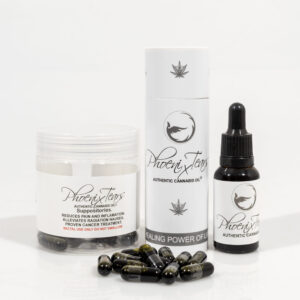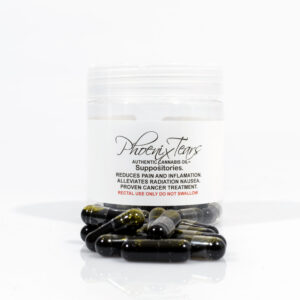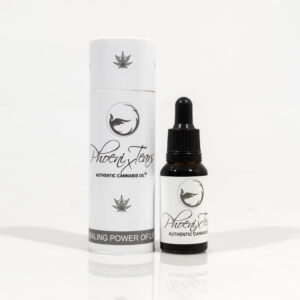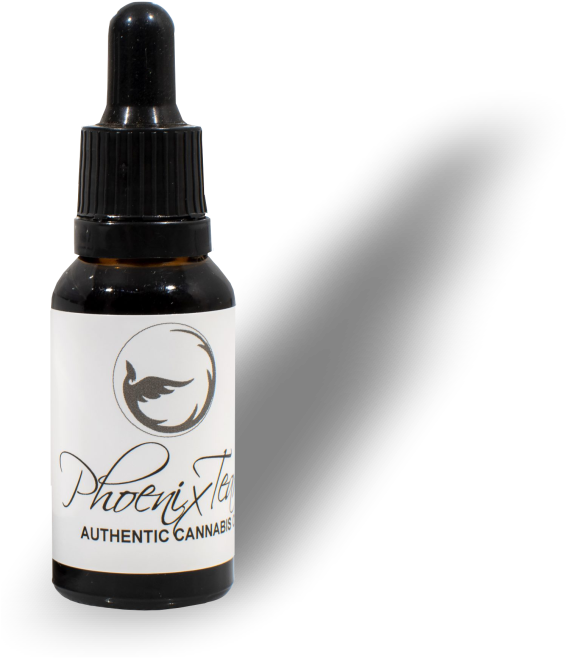Cannabis Oil
South Africa
Change of Law
Constitutional Court Declares Sections of the Constitution Invalid
South Africa Cannabis Law Changed, September 2018
…constitutional court right now, people are happy with the decision, some are not. Remember, this was appealed. But what we know is that the constitutional court has ruled the private use of Dagga will be decriminalized.
The ruling comes after the high court in the Western Cape ruled in March that a ban on cannabis used by adults at home was unconstitutional, effectively decriminalizing it in the province. It’s at the climax of a case that has pitted officials against marijuana advocates and the judiciary.
Is dagga oil legal in South Africa?
In its judgment, this court concludes that A Section four B of the Drugs Act is unconstitutional and therefore invalid to the extent that it prohibits the use of possession of cannabis by an adult in private for that adult’s personal consumption in private. B, Section five B of the Drugs Act is constitutionally invalid to the extent that it prohibits the cultivation of cannabis by an adult in a private place for that adult’s personal consumption, in private. C, Section 22, a9, Roman figure one of the Medicines Act, is constitutionally invalid to the extent that it renders the use of possession of cannabis by an adult in private for that adult’s personal consumption in private, a criminal offense. The basis upon which this court holds these statutory provisions to be constitutionally invalid, to the extent indicated, is that they infringe the right to privacy and changed in Section 14 of the Constitution, whereas the High Court had limited its order of invalidity to the use or cultivation or possession of cannabis at a home or in a private dwelling. This court has dispensed with that limitation. It holds that the right to privacy is not confined to a home or private dwelling. It holds that the right. It holds, it holds that the right goes beyond the boundaries of a home. Nevertheless, this court emphasizes that only the use of possession of cannabis by an adult in private for the personal consumption of that adult person in private is the focus of its judgment. In the case of cultivation of cannabis. The focus is on the cultivation of cannabis by an adult in a private place for that adult’s personal consumption in private. Accordingly, no use or possession of cannabis by a child or by an adult in public is decriminalized by this judgment.
Read the full cannabis judgement by Deputy Chief Justice Raymond Zondo.
About the history of cannabis in South Africa
Introduction of Cannabis into South Africa
Early Arab or Indian traders introduced cannabis to South Africa well before the arrival of European settlers in 1652. Both Khoisan and Basotho people used it – Basotho women used it to ease childbirth. Old Afrikaaner recipies also exist for teas and food which make use of the cannabis plant. Early records exist of Jan van Riebeek ordering the purchase of ‘Daccha’ in Natal for trading with the Khoikhoi.
Cannabis Oil South Africa
Wanting to buy cannabis oil in South Africa? We deliver country-wide. Click here for our shop.
Prohibition of Cannabis and New Laws
In 1860 the Natal colony began to import Indian workers to supplement their labour force. These Indian labourers brought with them the habit of consuming cannabis and hashish, a habit which complemented the already established traditions of the local African populations. Believing that it sapped the vitality of their workers, Natal prohibited Indian workers from possessing or buying cannabis in 1870.
In 1891 the Cape Colony prohibited cannabis under Act 34. The Free State outlawed dealing in cannabis in 1903. In 1908 Natal began to regulate the sale of cannabis. In the Transvaal however dagga was sold openly and normally to mineworkers.
In 1922, because of fears that the usage of cannabis lead to a ‘comraderie’ between different races, regulations were issued which criminalised the possession and use of ‘habit forming drugs’ including dagga. The cultivation, possession, sale and use of the plant was prohibited.
Cannabis was completely criminalised in 1928 under the Medical, Dental and Pharmacy Act for political and moral reasons.
On 18 September 2018 the South African Constitutional Court decriminalized the use and cultivation of cannabis in a private space, and provided a 24-month period in which the Parliament of South Africa could amend the relevant laws, failing which the court judgement would prevail.
Impact of Cannabis Ruling on Rastafarian People in South Africa
Rastafarian Gareth Prince, who led the fight for cannabis legalisation in South Africa
I’m Russ Gareth Prince, in this life. I was born in Cape Town 48 years ago and I’m still here.
I remember a saying by Vusamazulu Credo Mutwain his book Indaba My People, and there he said the one that is first to walk past the village of the cannibals usually ends up in the pot. Now, here you find that I was the one that for the past 21 years. They sought to put me in the pot, but I survived. I survived, and the fact that I’m still here today, still happy and positive about life, and I am privileged and honored to have led to this battle.
It’s our time time, so our task is towards making the people of South Africa see the value of cannabis and to change the conversation away from recreational drug use into industry.
How do we make cannabis work for the people of South Africa? Let’s make use of our people. You know, the fact that people are burning in order to improve their lives. People don’t want to look for handouts. People want to work for themselves. And with cannabis, we are going to give them an opportunity to do that. South Africa is the place that is the most suitable for cannabis growth on Earth. We have 300 out of 365 days that are considered sunshine days in South Africa, which means that we can grow 3 crops in this country. And the ability to make medicine from the cannabis that we grow in South Africa is tremendous, and that is what we are going to export to other parts of the world, and that is how we’re going to repatriate the currency that was stolen from Africa.
Instead of putting people in jail, let’s put people to work on the farms, growing the herb for the healing of South Africa. There are your Bushmen.
Cannabis in the Rastafarian Community in South Africa
The Rastafarian community outside Knysna have given the thumbs up to the recent Cape Town High Court ruling on the use of Dagga in the home, labeling it as a step in the right direction. The court ruled in favor of the Dagga Party and two other applicants allowing adult dagga users to legally grow and use cannabis in their homes.
Juda Square, a colorful cul-de-sac community in the Khayalethu Informal Settlement in Knysna. To gain access here one must pass through a boom gate and you’re immediately transported into another world. This Rastafarian community has practiced its way of life for the past thirty years, but not without occasional visits from the police. Many residents have been jailed due to their religious beliefs. When people mentioned the name Rasta, they see the ganja. So yeah, ganja is a very important and integral part of our way of life, not the religion, and it has been widely used, not only for the purpose of smoke, because that’s what a lot of people think, Rasta is about smoking. Ganja, we use it in different forms – cookie-eating, party with it, drink it as a tea.
The community hopes authorities will educate themselves on the latest court ruling.
Police don’t understand the cannabis verdict
Even now, also, the police were still catching people there in Uitenhage. As far as the police is concerned, they don’t understand the verdict, and many of them make the verdict of the personnel in their religious feelings and that is where the confusion comes in. Because longtime, we are Rastas. We say ganja is a herb, it’s not a drug, and must be leave the people to use it because it’s good for the people. The government come with a decision and say, okay, he can use it in your own way. You will you stay in your house. You can grow it.
While the court ruling has been welcomed here, the south at the Medical Association expressed concern about issues relating to the long-term use of dagga.
Parliament has 24 months to amend sections of the Drugs and Drug Trafficking Act, and the Medicines Control Act to comply with the court ruling.
Knysna in the Southern Cape.
-
Pure Rick Simpson Oil (RSO) / FECO Oil / THC Oil
R1,450.00 Add to basket -
Cannabis Oil Cancer Treatment (Full Month): (Stage 3 & 4)
Rated 5.00 out of 5R11,050.00 Add to basket -

Cannabis Oil Cancer Treatment (Full Month): (Stage 1 & 2)
Rated 5.00 out of 5R5,525.00 Add to basket -

Cannabis Oil Tincture 10ml, 1.5g Pure Cannabis Extract
Rated 5.00 out of 5R800.00 Add to basket -

Cannabis Oil Suppositories, Half-Gram, per Capsule
Rated 5.00 out of 5R130.00 Add to basket -

Cannabis Oil Suppositories, Quarter-Gram, per Capsule
Rated 5.00 out of 5R65.00 Add to basket -

Cannabis Oil 20ml, 3g Pure Cannabis Extract
Rated 5.00 out of 5R1,450.00 Add to basket




